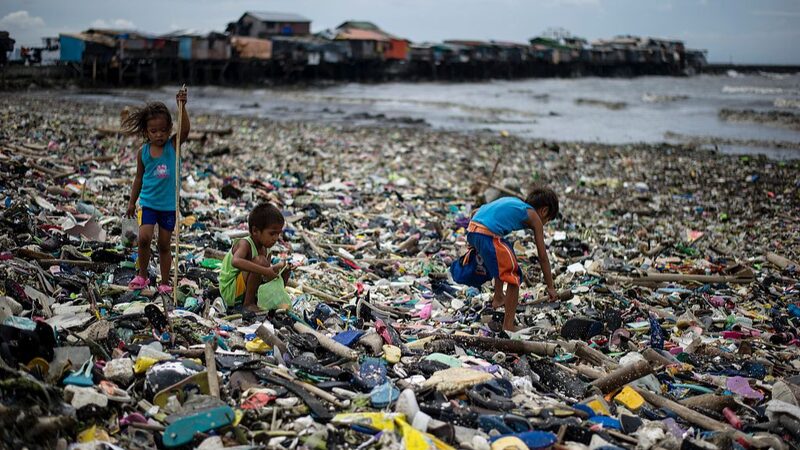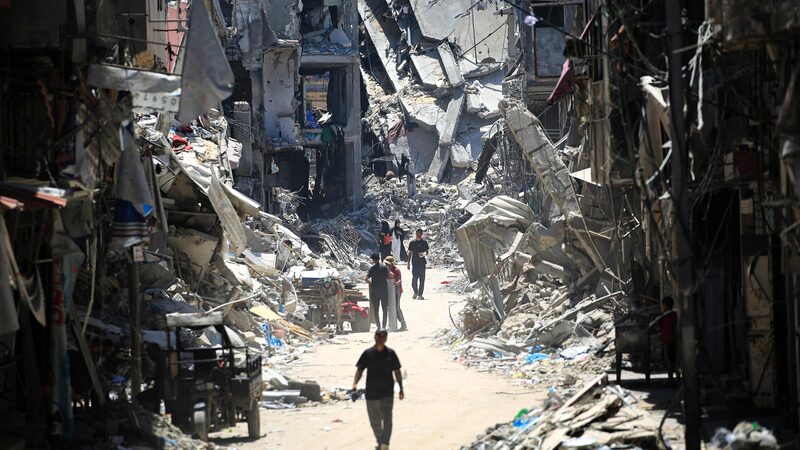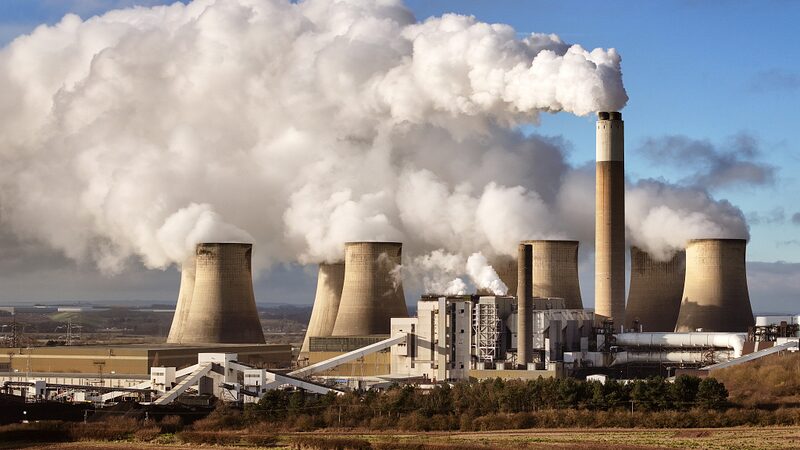The world generated a staggering 2.3 billion tonnes of municipal waste last year, and that number is projected to soar to 3.8 billion tonnes by 2050, the United Nations Environment Programme (UNEP) announced on Wednesday. This alarming surge in waste poses devastating costs for our health, economies, and the environment. 🗑️🚨
According to new research by UNEP, pollution is set to escalate, especially in regions that currently rely on open dumping and burning. These practices not only emit harmful greenhouse gases but also leach toxic chemicals into our soils, waterways, and air. Without urgent action, the waste mountain is expected to grow significantly, far exceeding previous forecasts.
The economic burden of poor waste management is also projected to almost double. By 2050, the \"hidden costs\" related to pollution, poor health, and climate change could reach a whopping $640 billion annually, up from approximately $361 billion in 2020.
\"Waste generation is intrinsically tied to GDP, and many fast-growing economies are struggling under the burden of rapid waste growth,\" said UNEP Executive Director Inger Andersen. She emphasized that the report aims to help governments create more sustainable societies and secure a livable planet for future generations. 🌱🌏
The report, a collaboration between UNEP and the International Solid Waste Association (ISWA), was launched at the UN's Environment Assembly in Nairobi this week. It builds on a 2018 World Bank report, which had estimated that the world would generate 3.4 billion tonnes of waste annually by 2050.
It's clear that tackling the waste crisis requires global cooperation and innovative solutions. Young people around the world are being called to action to help reduce waste and advocate for sustainable practices. Let’s keep our planet clean and green! 💪🌿
Reference(s):
cgtn.com








